21 February 2020
Having travelled the world researching T-cells, Dr Rachel Perret is excited to return home to New Zealand to take on a new challenge – helping the Malaghan Institute develop better and more effective CAR T-cells and extend them to other cancers.

Twelve years ago, Dr Perret packed her bags for Europe, having recently completed her PhD at the Malaghan Institute studying under Professor Franca Ronchese. Last month, she returned to the Institute to head up her own research team under the Freemasons CAR T-cell Research Programme.
“My PhD research at the Malaghan Institute involved working on activating T-cells using dendritic cells at different stages of maturation,” says Dr Perret. “We wanted to know how this might affect the T-cells and their tumour-protection ability in preclinical models. T-cells play an important role in stimulating strong immune responses to various disease agents, including cancer.
“That got me really interested in T-cells. When I was looking for postdoctoral positions I was interested in labs that focused on creating vaccines to stimulate T-cells. I ended up at the Ludwig Institute of Cancer Research in Switzerland under Dr Pedro Romero where I continued working on T-cells in preclinical models of cancer.
Dr Perret says helping people, particularly cancer patients, was the motivation behind her next move.
“I wanted to work somewhere that had a translational element to T-cell therapy. Most places that did this at the time were in America. And I was lucky to secure a position in Seattle at the Fred Hutchinson Cancer Research Center with Dr Phillip Greenberg, one of the pioneers of T-cell therapy.
Dr Perret’s research focused on developing receptor-engineered T-cells, that recognise proteins made by cancer cells but not healthy cells. These T-cells are then transferred back into cancer patients where they can better recognise and destroy patients’ tumours.
But when she heard the Malaghan Institute was starting it’s own T-cell therapy programme – in this case CAR T-cells – Dr Perret saw it as the opening she was looking for to come back home and apply her skills and passion to another type of potent cancer-targeting T-cell.
Chimeric antigen receptor (CAR) T-cell technology is a groundbreaking type of immunotherapy that reprogrammes T-cells to find and kill cancer cells. The Malaghan Institute began New Zealand’s first CAR T-cell clinical trial, in partnership with Wellington Zhaotai Therapies Ltd, in late 2019 targeting specific kinds of leukaemia and lymphoma.
While the phase I ENABLE trial is underway, Dr Perret and her team are already pushing the envelope on CAR T-cell technology and whether it can be improved and extended to other types of cancer.
“We want to understand more about the way our CAR T-cells signal and function,” says Dr Perret. “While we have good evidence that they may be effective in trial, there is much left to understand about what makes our CAR T-cells unique.”
Dr Perret says the team is developing experiments designed to interrogate the signalling pathways of our CAR T-cells asking questions like ‘do they kill tumour cells better?’, ‘what gene pathways are involved?’ The aim is to link this information with the clinical data being generated from the trial so that the team is more confident in designing the next generation of CARs.
“This information can help us design future strategies for making better CAR T-cells that have the possibility of being less toxic, survive better in patients and even target solid tumours.”
Our thanks to Freemasons New Zealand, Health Research Council of New Zealand, MBIE, the Grady Grant and others for supporting Dr Perret and our CAR T-cell research.
Read this article in our quarterly newsletter Scope 71: COVID-19: Moving New Zealand towards a cure
Related articles
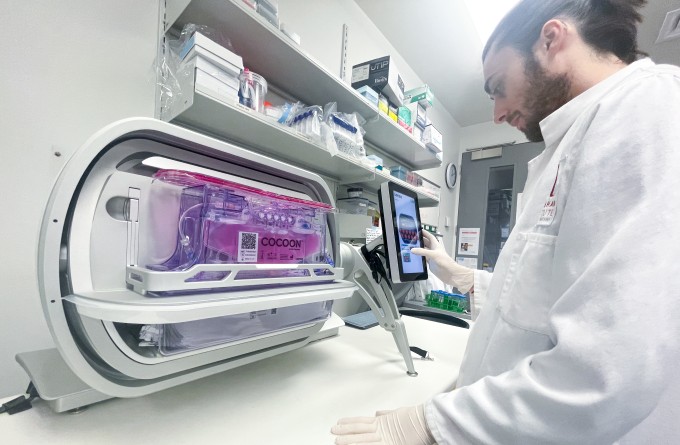
Malaghan CAR T-cell cancer therapy trial expands to Christchurch and Auckland
23 June 2025
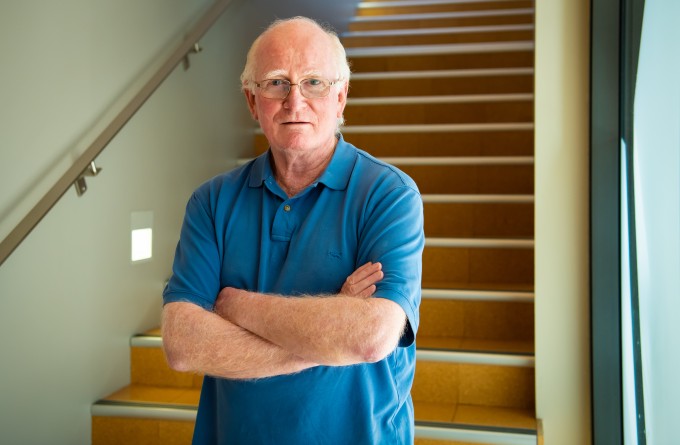
Horizontal mitochondria transfer: 10 years on from a groundbreaking discovery
7 May 2025

Kjesten Wiig: bringing life-changing treatments to life
27 February 2025
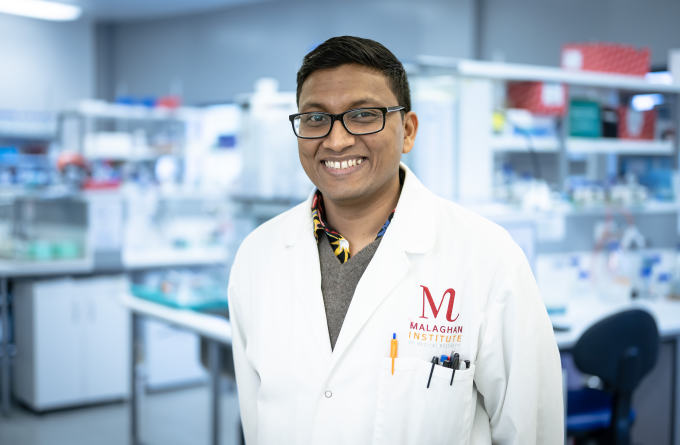
Cancer Research Trust grant to improve CAR T-cell therapy
12 February 2025
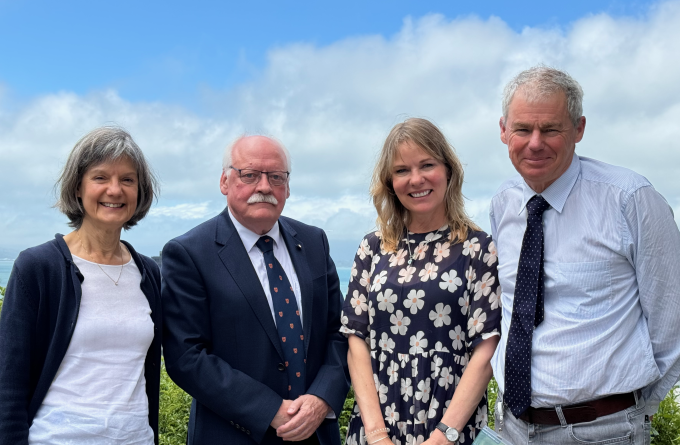
World-renowned cancer pathologist joins the Malaghan Institute as Distinguished Research Fellow
19 December 2024
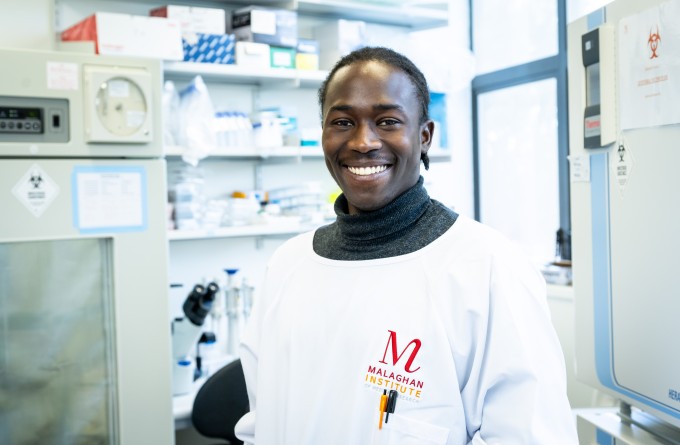
Community partnerships: Zephyr Consulting empowering emerging scientific talent
18 November 2024
